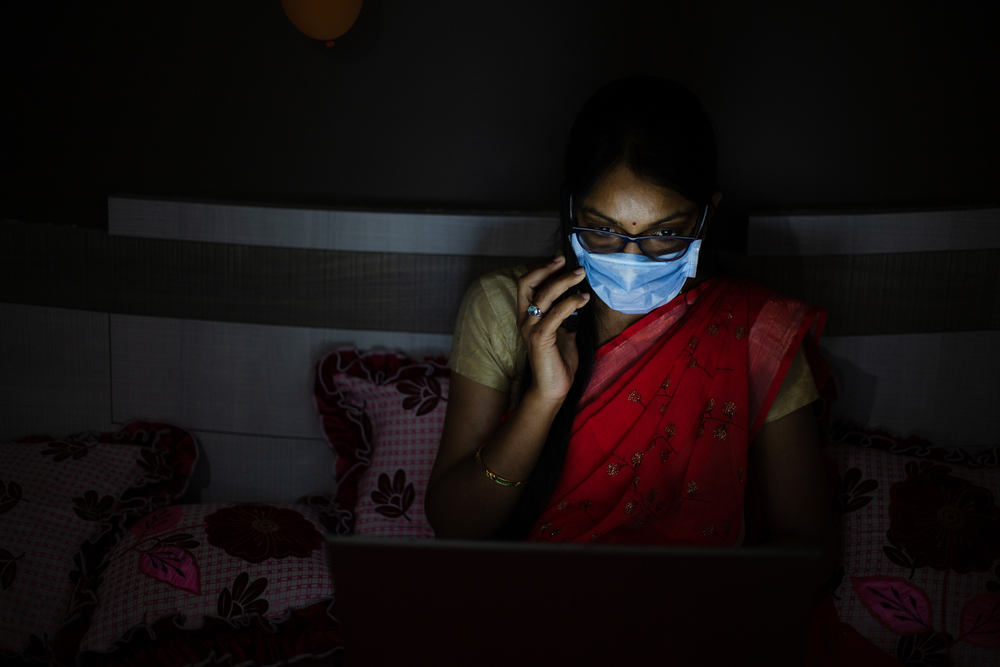A toddler in bright yellow and a determined baby in a rolling chair bursting into the room when their father, an American professor, was giving an interview on television became an excited talking point in 2017. There was both laughter and criticism, and the professor did not enjoy all of the fame that followed. The formal sobriety of professional life had been visibly ruptured — by an inappropriate reminder that the professor on TV had a personal life complete with babies for whom opening a closed door to get to daddy was great fun. It is taken for granted not just in the professor’s home country, but in most parts of the world, that professional and personal lives are distinct; if they overlap, then the individual is not a good enough professional in his or her sphere. Working women are only too familiar with this dichotomy, but as long ago as 1979, the film, Kramer vs. Kramer, showed how it could affect men too.
There is, thus, something almost symbolic in the American professor’s explanation that he usually kept the door locked when he was on TV; babies’ day in was the one day he had forgotten. Just three years later, in 2020, that door — between professional and personal — barely exists. The novel coronavirus has ruptured all conventional separations, forcing as many people as possible to work from home. Ironically, it is a lockdown — the closing of front doors — that is opening up connecting doors inside the house in more than one sense. With no help of any kind, working parents are constantly crossing what were once projected as inviolable boundaries — between changing diapers and completing the Excel sheet, between overseeing a geography project and appearing, perfectly groomed, before a computer screen for a meeting, between stove or washing machine or broom and a phone call from the boss or a PowerPoint projection. And no parent can do it alone. Both must pitch in, divide times and jobs between them so each day can go smoothly. Working from home is often a nightmare for single parents, however professionally dedicated and personally loving they may be.
What the virus has done is to overturn the myth of a divided existence. To keep children out of professional time requires help, whether of a non-working parent, grandparents, baby-sitters or crèches and daycare centres. This strange and unwelcome interregnum in what was known as normal life has shown up the fact that children do not appear and disappear at convenient times. They exist, rambunctiously and demandingly, every moment of the day, but that does not necessarily make working men and women less loyal to or efficient in their professions. As human beings do their best to fight the virus, they may find that certain persistent prejudices and misdirected premises are gradually vanishing with it. That, at least, would not be a bad thing.

